Startup Q&A: David Ripert, Founder, Poplar
RTIH: Tell us about Poplar
DR: Poplar is a leading augmented reality creative platform that provides on-demand campaigns for top brands, including those in the retail and entertainment spaces. Through the power of AR, we hope to help people transform reality by building a more intuitive and fun world for everyone.
High street names such as L’Oréal, Speedo and YSL are using our platform to create fast, affordable AR and 3D campaigns that work on social platforms, like Instagram and Snapchat, to improve and innovate consumers’ shopping experience and increase brand engagement.
RTIH: What was the inspiration behind setting the company up?
DR: Poplar was born out of my passion for content creation and storytelling. After working for 17 years in the media/technology industry, including Hollywood studios and media pioneers like Netflix and YouTube, I have witnessed how video has transformed content, marketing, and advertising.
I see AR making a similar impact and potentially changing the world. After all, it generates four times the engagement of video, which explains why nine out of ten brands are planning on using AR in their campaigns.
Together with co-founder Laurie Ainley, I believe we can fill a gap in the booming AR market, helping smaller businesses access innovative tech to boost their brand engagement.
With its self-service model, our platform is now focused on helping smaller and medium businesses that struggle with small budgets and tight deadlines to understand how to work with AR content creators and to build experiences that have been too time-consuming and expensive until now.
RTIH: What has been the industry reaction thus far?
DR: AR in retail is not the future, it is very much already here. 75% of people say they expect retailers to offer an AR experience and the data shows that consumers are 11 times more likely to make a purchase when it is available. In response to this overwhelming demand, 32% of retailers are already planning to use AR or VR.
Our ability to provide a seamless, easy experience in building AR campaigns that have impact means that we have been able to deliver more over 100 campaigns produced for top brands from diverse sectors including beauty and luxury brands (L’Oréal, YSL) and consumer goods/F&B (Speedo, RB, Bacardi Jack Daniels, Pernod Ricard Absolut, Red Bull, William Hill), among others.
One of our most recent successes was our support for swimwear brand, Speedo, with their virtual try-on feature in three of their UK stores and on their website. Through a virtual try-on experience we allowed Speedo’s customers to visualise swimming goggles on their face before purchase.
Poplar is the bridge between retail brands and social platform campaigns. Our strength comes in the platform embracing a new generation of AR creators (over 1,000 AR creators are registered with Poplar) and being the link between brands and this innovative community.
In addition to this, we were selected in January 2019 as one of five global companies to join the Google 3D Advertising Trusted Partner Program.
RTIH: What has been your biggest challenge/setback?
DR: AR shopping is set to become the norm in the retail industry. While we are seeing early adoption, it remains a relatively new technology and industry driven by pioneering applications like IKEA Place and Pokemon Go. These pioneers offer something new, unique and interactive to consumers.
But history tells us that new and innovative things can be hard to understand and costly. This is our biggest challenge - overcoming the barriers to entry by showing that you don’t need weighty budgets to build it, you don’t even need to build it in-house and get bogged down in the nitty gritty and that investment gets the results brands look for.
It is quite simple, affordable and quick to produce AR if you find the right creator and get the right guidance, which is essentially what we’re trying to achieve with the Poplar platform.
The other challenge we see is that brands don’t know how to measure success in an AR campaign (awareness, adoption, impressions, etc). We’ve been operating for over a year and in that time we’ve done more than 100 campaigns, we have proven ROI on a lot of campaigns, either through no. of impressions, raising awareness or increasing purchase intent.
“History tells us that new and innovative things can be hard to understand and costly. This is our biggest challenge - overcoming the barriers to entry by showing that you don’t need weighty budgets to build it, you don’t even need to build it in-house and get bogged down in the nitty gritty and that investment gets the results brands look for”
RTIH: What are the biggest challenges facing the omnichannel retail sector right now?
DR: Ultimately the challenge for omnichannel retailers is that they are struggling to catch up with consumer demand for new technologies, like AR and VR, and placing these technologies into the day-to-day online and offline shopping experiences. It is an opportunity that is being missed out when you consider that nearly half of consumers are more likely to shop at retailers that use AR.
Our work with Speedo shows how AR can be valuable in the omnichannel environment. Speedo knew that their customers tended to research goggles online, but 80% of the time they would end up buying in-store because they just wanted to try the model on first.
By building the AR experience around trying on goggles with our help, Speedo was looking to increase both in-store and online shopping intent, as customers felt more confident that their model of choice really suited them.
Like other technologies retailers consider, it is about having an understanding of what you want to achieve and having the right distribution strategy in place - do you want to use it with Instagram, embedded into the main website or on a mobile browser?
RTIH: What's the best question about your company or the market asked of you recently by a.) an investor and b.) a customer?
DR: There are the tough questions we get asked about market maturity from investors - is this an innovation that is going to become mainstream?
There are also questions about how we can scale our platform which connects brands and AR creators. Our goal is to make AR accessible, affordable and simple to produce, through technology.
Fashion retailers also tend to have questions around body tracking - i.e. can I get my customer to try on clothes through AR? Although there are technologies like magic mirrors that are being tested, we can’t right now provide body tracking through mobile phones, because the technology has not developed yet.
This technology is still growing but it’s growing fast. You can do face technology (e.g. glasses), foot tracking (e.g. shoes). The opportunities for retail use of AR are growing fast.
RTIH: What can we expect to see from Poplar over the next 12 months?
DR: Our long-term vision is to make Poplar the world’s leading augmented reality creative platform. As AR continues its evolution, we see it is becoming more affordable and therefore more accessible to companies of any size to use to communicate with customers.
In the next few months we are intent on educating and empowering SMEs to build augmented reality content quickly and affordably and, as a result, are developing the world’s first self-service AR campaign brief builder to provide on-demand AR marketing.



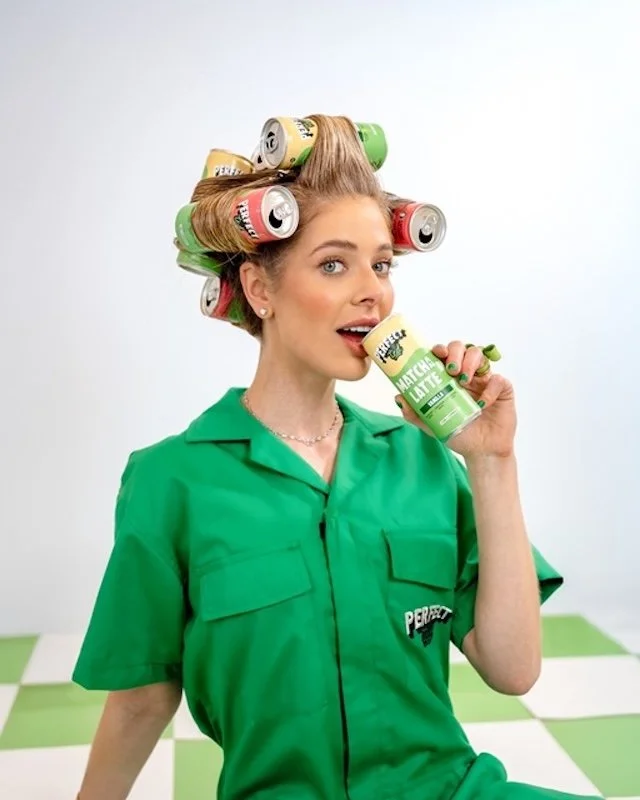
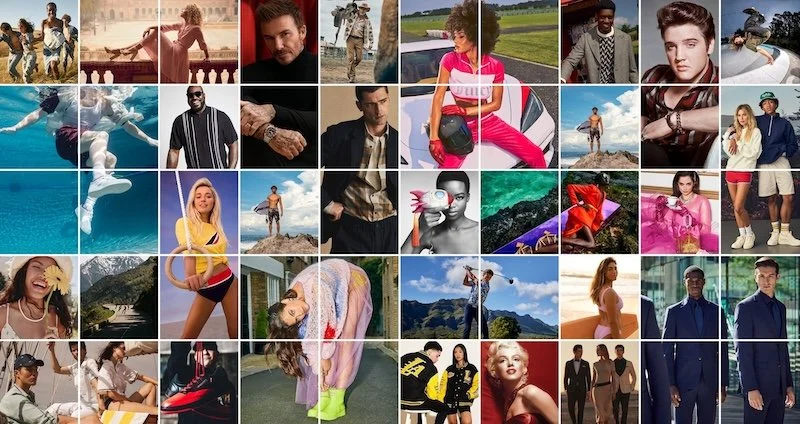
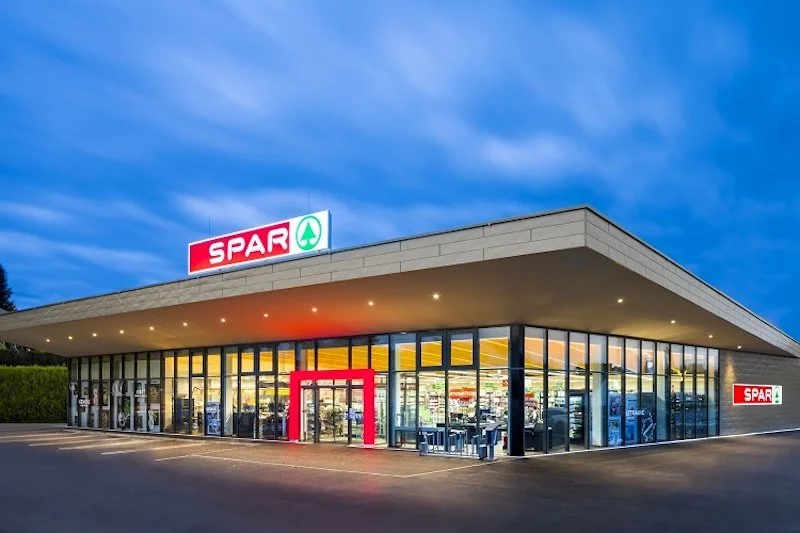


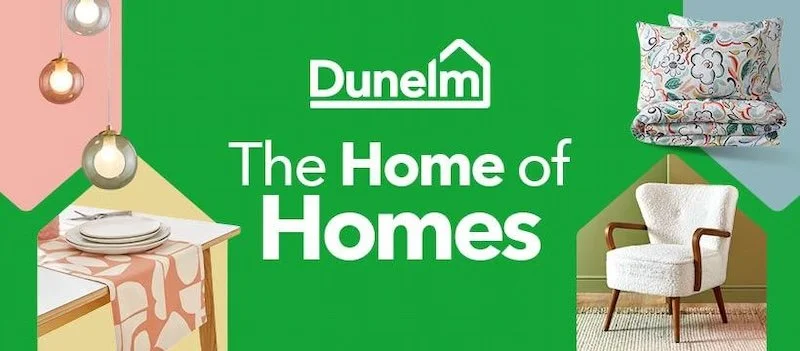
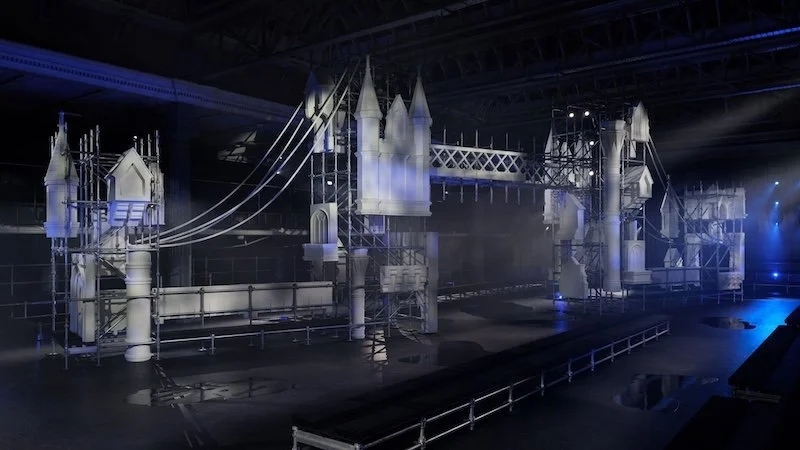
Continue reading…